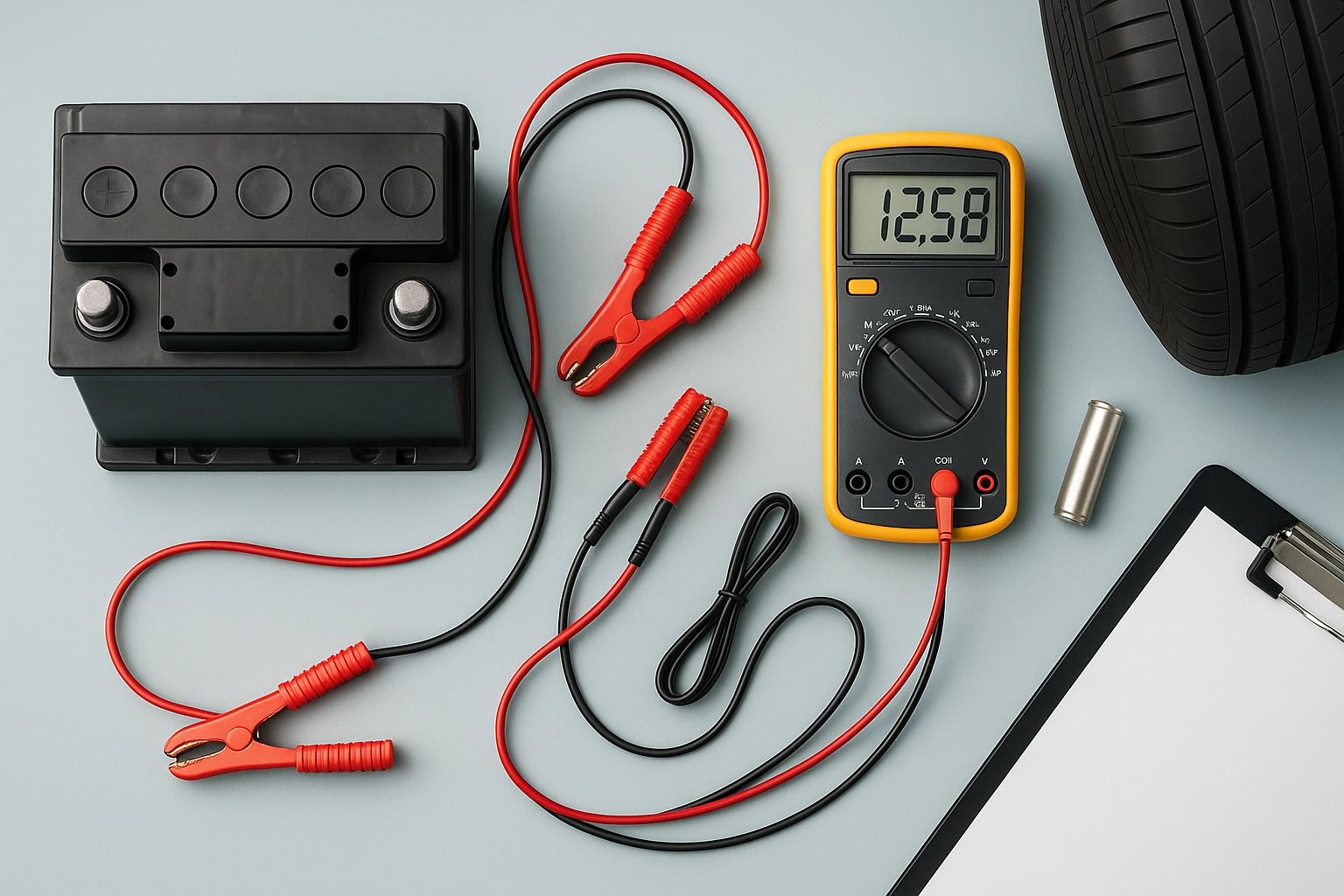IEC 62619 Lithium Ion Industrial Battery Safety Testing
The IEC (International Electrotechnical Commission) standard IEC 62619:2013 specifies the safety requirements for lithium-ion batteries used in industrial applications. This includes testing procedures to ensure that these batteries meet stringent safety and performance standards, which are critical for industries reliant on reliable power sources.
In automotive manufacturing, especially as electric vehicles (EVs) gain prominence, ensuring battery safety is paramount. Lithium-ion batteries are central to the functionality of EVs and other industrial applications such as drones, robotics, and energy storage systems. Safety testing under IEC 62619 guarantees that these batteries can withstand various conditions without compromising on performance or posing a risk.
The standard covers essential aspects like electrical insulation resistance measurement, internal short-circuit tests, temperature cycling, and overcharge/overdischarge protection checks. Compliance with this international standard is crucial for manufacturers to meet regulatory requirements in multiple jurisdictions worldwide. By adhering to IEC 62619, automotive companies can enhance their product safety, mitigate risks associated with battery failures, and gain a competitive edge.
Our laboratory offers comprehensive testing services aligned with IEC 62619, ensuring that lithium-ion batteries meet the stringent requirements set forth by this standard. Our state-of-the-art facilities are equipped to handle complex tests under real-world conditions, providing accurate and reliable results tailored to the needs of our clients.
Our expertise in automotive testing allows us to deliver precise reports that help manufacturers make informed decisions about their products' safety and reliability. This is especially important given the evolving landscape of electric vehicles where battery technology continues to advance rapidly. By leveraging our IEC 62619 compliance services, our clients can stay ahead of industry trends and ensure they meet global standards.
Our comprehensive testing ensures that all aspects of lithium-ion batteries are rigorously examined, including but not limited to:
- Electrical insulation resistance measurement
- Internal short-circuit tests
- Temperature cycling experiments
- Overcharge/overdischarge protection checks
The thoroughness of our testing process is designed to identify potential hazards early on, thereby preventing costly recalls and safety issues down the line. This proactive approach not only enhances product quality but also boosts consumer confidence in the reliability of lithium-ion batteries.
In addition to meeting regulatory requirements, adhering to standards like IEC 62619 helps automotive manufacturers differentiate their products in a crowded market. By demonstrating commitment to safety and quality through rigorous testing procedures, companies can build trust with consumers and stakeholders alike. This can translate into increased brand loyalty and favorable customer perceptions.
Our service is not just about meeting compliance; it's about exceeding expectations by providing detailed insights that help clients refine their product designs for better performance and longer lifespan.
Why It Matters
The importance of IEC 62619 cannot be overstated, especially in the context of industrial battery usage within the automotive industry. The standard is designed to protect both users and manufacturers by ensuring that lithium-ion batteries are safe under various operational conditions.
- Consumer Safety: By adhering to these safety protocols, we ensure that there are no risks associated with faulty or poorly manufactured batteries. This protects end-users who rely on reliable power sources for their vehicles.
- Regulatory Compliance: Many countries have implemented regulations based on IEC standards. Meeting these requirements is essential for exporting products internationally and avoiding penalties.
- Brand Reputation: Consistent adherence to high safety standards enhances the reputation of automotive brands, making them preferred choices among consumers.
The global nature of the automotive industry means that companies must comply with multiple sets of regulations. IEC 62619 provides a uniform framework that can be applied across different regions, simplifying compliance efforts for multinational enterprises.
Furthermore, safety testing under this standard helps identify potential weaknesses in battery design or manufacturing processes early on. This allows manufacturers to address issues before they become critical problems, reducing the likelihood of field failures and associated costs.
Benefits
- Enhanced Safety: By following IEC 62619 guidelines, we ensure that all lithium-ion batteries are thoroughly tested for safety. This reduces the risk of accidents or malfunctions during use.
- Regulatory Compliance: Meeting these standards is mandatory in many parts of the world, ensuring that your products can be sold legally and without fear of legal action.
- Market Access: Adherence to international standards like IEC 62619 opens up new markets for manufacturers who want to sell their batteries globally.
- Better Product Design: Through rigorous testing, we help identify any design flaws or areas where improvements can be made. This leads to better-performing products with extended lifespans.
The benefits extend beyond mere compliance; they contribute significantly towards creating safer and more efficient industrial battery solutions for the automotive sector. Our services aim to deliver these advantages while also supporting broader industry goals related to sustainability and innovation.
Competitive Advantage and Market Impact
By incorporating IEC 62619 Lithium Ion Industrial Battery Safety Testing into your product development process, you gain several competitive advantages that can have a substantial impact on market performance:
- Differentiation: Meeting international standards positions your company as a leader in safety and quality within the automotive industry.
- Consumer Trust: Ensuring compliance with rigorous testing protocols builds trust among consumers, fostering long-term relationships.
- Increased Sales: A reputation for reliability translates into higher sales volumes and customer loyalty. Consumers are more likely to choose brands that demonstrate a commitment to safety.
- Global Reach: Compliance with IEC standards enables your products to enter new markets easily, expanding your business opportunities worldwide.
The automotive industry is rapidly evolving, driven by increasing demand for electric vehicles and sustainable transportation solutions. By leveraging our specialized testing services aligned with IEC 62619, you can stay ahead of these trends while maintaining the highest standards of safety and performance.





